Behavioral and Social Sciences
Who, How, and When to Prepare for Care? Preparedness Among Caregivers of Persons Living With Dementia
-
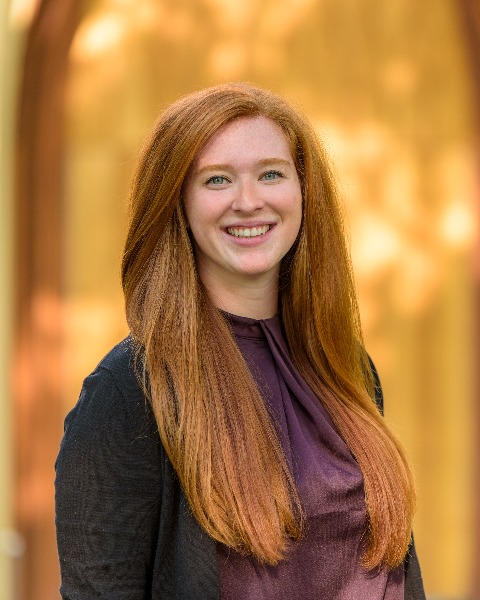
Emily Mroz, PhD (she/her/hers)
Postdoctoral Fellow
Internal Medicine
Yale University
New Haven, Connecticut, United States -
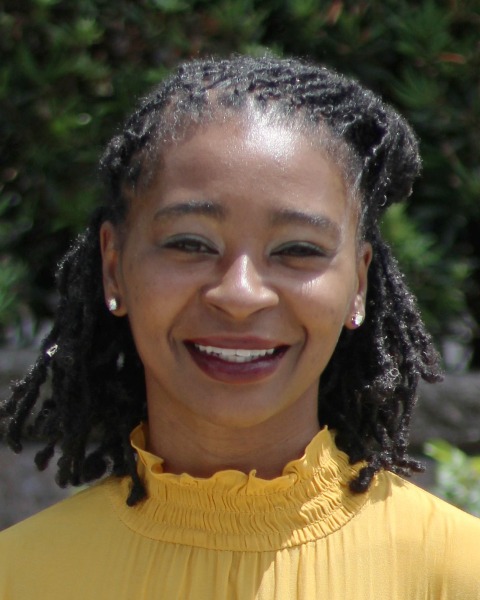
Nicole Crawford, DrPH, MSW, MPH, CPH, LCSW (she/her/hers)
Project Coordinator
Department of Mental Health Law & Policy
The University of South Florida
Tampa, Florida, United States -
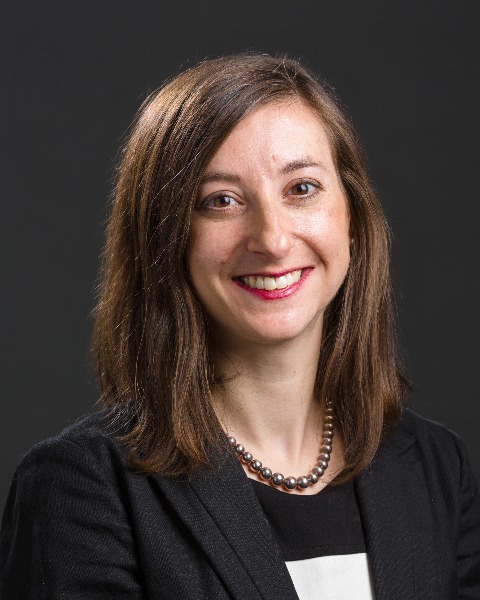
Joan Monin, PhD (she/her/hers)
Associate Professor
Social and Behavioral Sciences
Yale School of Public Health
New Haven, Connecticut, United States -

Emily Mroz, PhD (she/her/hers)
Postdoctoral Fellow
Internal Medicine
Yale University
New Haven, Connecticut, United States -

Francesca Falzarano, PhD (she/her/hers)
Postdoctoral Fellow
Division of Geriatrics & Palliative Medicine
Weill Cornell Medicine
New York City, New York, United States -

Nicole Crawford, DrPH, MSW, MPH, CPH, LCSW (she/her/hers)
Project Coordinator
Department of Mental Health Law & Policy
The University of South Florida
Tampa, Florida, United States -
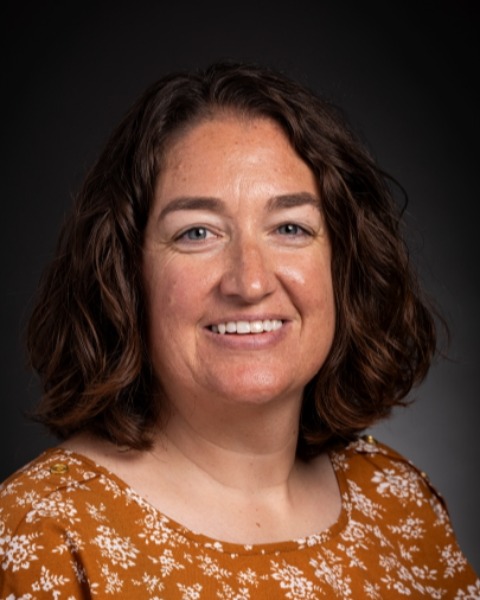
Aimee Fox, PhD (she/her/hers)
Assistant Professor
Center on Aging
Utah Valley University, Utah, United States -
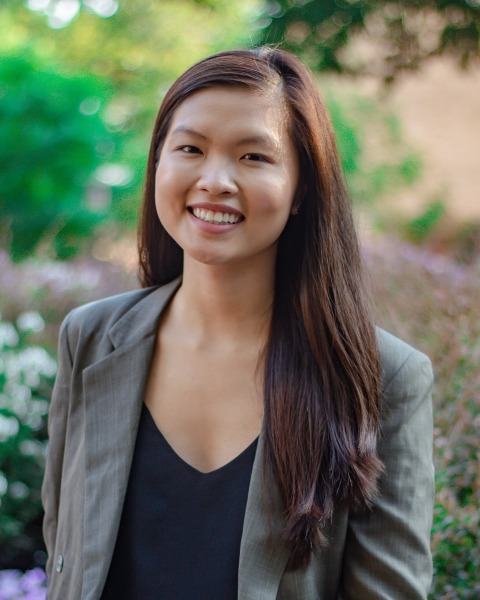
Thi Vu, MPH (she/her/hers)
Doctoral Student
Social and Behavioral Sciences
Yale University School of Public Health
New Haven, Connecticut, United States
Chair(s)
Co-Chair(s)
Discussant(s)
Individual Symposium Abstract First Author(s)
Our health systems rely on family caregivers to provide critical support for over six million persons living with dementia (PLWD) in the US. Caregivers, however, often report low preparedness for care roles, promoting negative outcomes for themselves and their care recipients. As the number of PLWD grows, preparing close others to perform and thrive in caregiving roles is a public health priority. This symposium provides insights on who, how, and when to prepare for the care of a PLWD. First, Falzarano et al. will discuss the individual, psychosocial, and contextual factors influencing caregivers’ use of supportive services, and implications for self-efficacy and preparedness. Mroz et. al. will introduce the concept of ‘experienced’ caregivers of PLWD, those who have been caregivers previously, and describe ways to address persisting psychological tolls and low confidence from prior care roles to prepare these caregivers for current care roles. Fox et al. will describe interaction between preparedness and family dynamics, showcasing differences in these relations across dementia- and non-dementia care roles. Vu et al. will describe how caregiver engagement in a health priorities identification process can better prepare caregivers to make values-based medical decisions on behalf of the PLWD. Crawford et al. will describe the influence of burden on caregivers’ emergency preparedness. Takeaways from these papers and Joan Monin’s discussion collectively respond to priorities outlined by the NIA IMPACT Collaboratory’s Lived Experience Panel, offering direction on best practices and needed initiatives to bolster preparedness in this caregiver population.
Learning Objectives:
- describe dementia-caregiver preparedness as multidimensional, including psychological, resource-driven, and skill-based factors.
- summarize how caregiver preparedness can reduce burden and improve wellbeing in caregivers and PLWD.
- identify and design strategies to support caregiver preparedness tailored to specific subgroups of caregivers and care contexts.
Presentations:
-
8:00 AM - 9:30 AM ETPreparing "Experienced" Caregivers for Future Care: Perspectives From Former Caregivers of Parents With Dementia
Individual Symposium Abstract First Author: Emily L. Mroz, PhD (she/her/hers) – Yale University
-
8:00 AM - 9:30 AM ETFormal Service Use Barriers and Its Implications on Preparedness in Dementia Family Caregivers
Individual Symposium Abstract First Author: Francesca Falzarano, PhD (she/her/hers) – Weill Cornell Medicine
-
8:00 AM - 9:30 AM ETDementia Caregivers, Burden, and Emergencies
Individual Symposium Abstract First Author: Nicole O. Crawford, DrPH, MSW, MPH, CPH, LCSW (she/her/hers) – The University of South Florida
-
8:00 AM - 9:30 AM ETFamily Caregivers' Reflections on Family Support and Preparedness for End-of-Life Caregiving
Individual Symposium Abstract First Author: Aimee Fox, PhD (she/her/hers) – Utah Valley University
-
8:00 AM - 9:30 AM ETPersons Living With Dementia and Multiple Chronic Conditions Identifying Health Priorities With Care Partners
Individual Symposium Abstract First Author: Thi Vu, MPH (she/her/hers) – Yale University School of Public Health
